Search the Special Collections and Archives Portal
Search Results
Renila Dunlap oral history interview
Identifier
Abstract
Oral history interview with Renila Gunlap conducted by Lisa Johnson on March 09, 1978 for the Ralph Roske Oral History Project on Early Las Vegas. Gunlap discusses her personal, generational, and occupational history in Las Vegas, Nevada. She also talks about her church membership, Stewart Ranch, and education.
Archival Collection

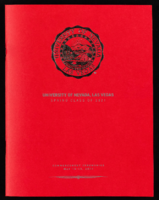
University of Nevada, Las Vegas (UNLV) Spring 2021 commencement program
Date
Archival Collection
Description
Commencement program from University of Nevada, Las Vegas Commencement Programs and Graduation Lists (UA-00115).
Text
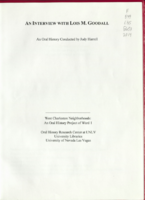
Transcript of Lois M. Goodall by Judy Harrell, November 12, 2013
Date
Archival Collection
Description
Text
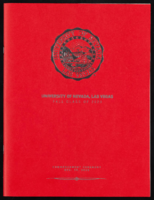
University of Nevada, Las Vegas (UNLV) Fall 2020 commencement program
Date
Archival Collection
Description
Commencement program from University of Nevada, Las Vegas Commencement Programs and Graduation Lists (UA-00115).
Text
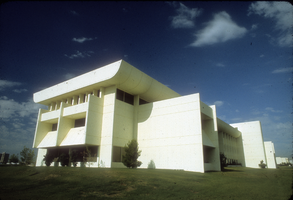
Slide of University of Nevada, Las Vegas, circa 1970s
Date
Archival Collection
Description
Image

Slide of University of Nevada, Las Vegas, circa 1970s
Date
Archival Collection
Description
Image
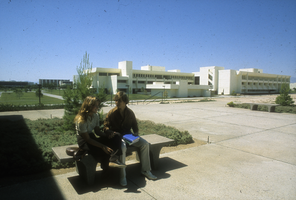
Slide of University of Nevada, Las Vegas, circa 1970s
Date
Archival Collection
Description
Image
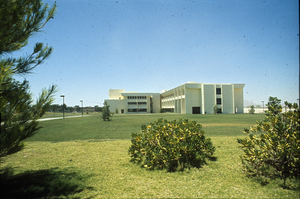
Slide of University of Nevada, Las Vegas, circa 1970s
Date
Archival Collection
Description
Image
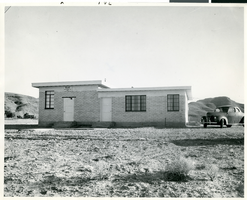
Photograph of Dry Lake School, Las Vegas, circa 1930s.
Date
Archival Collection
Description
Image
